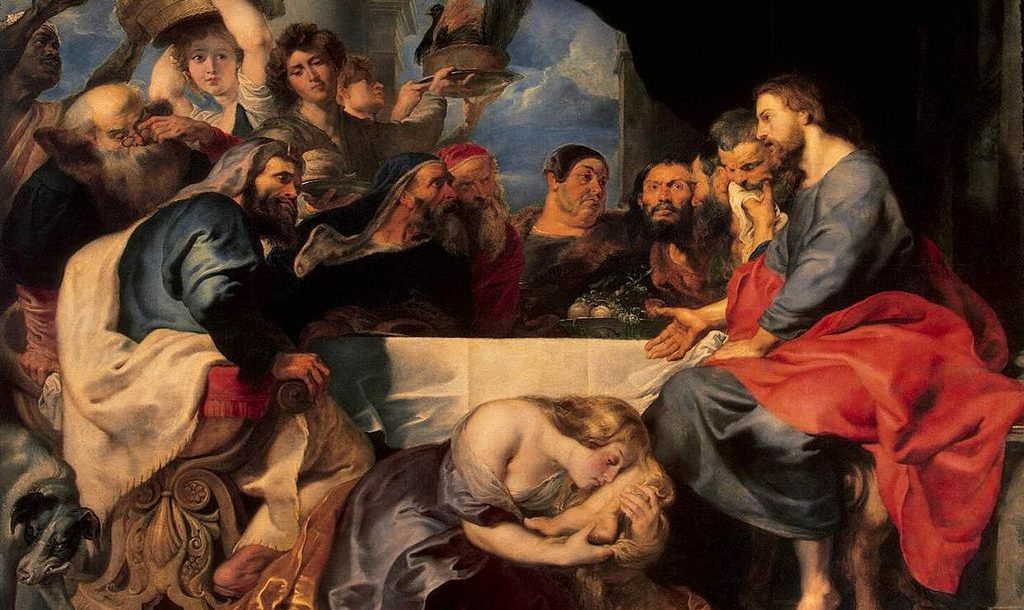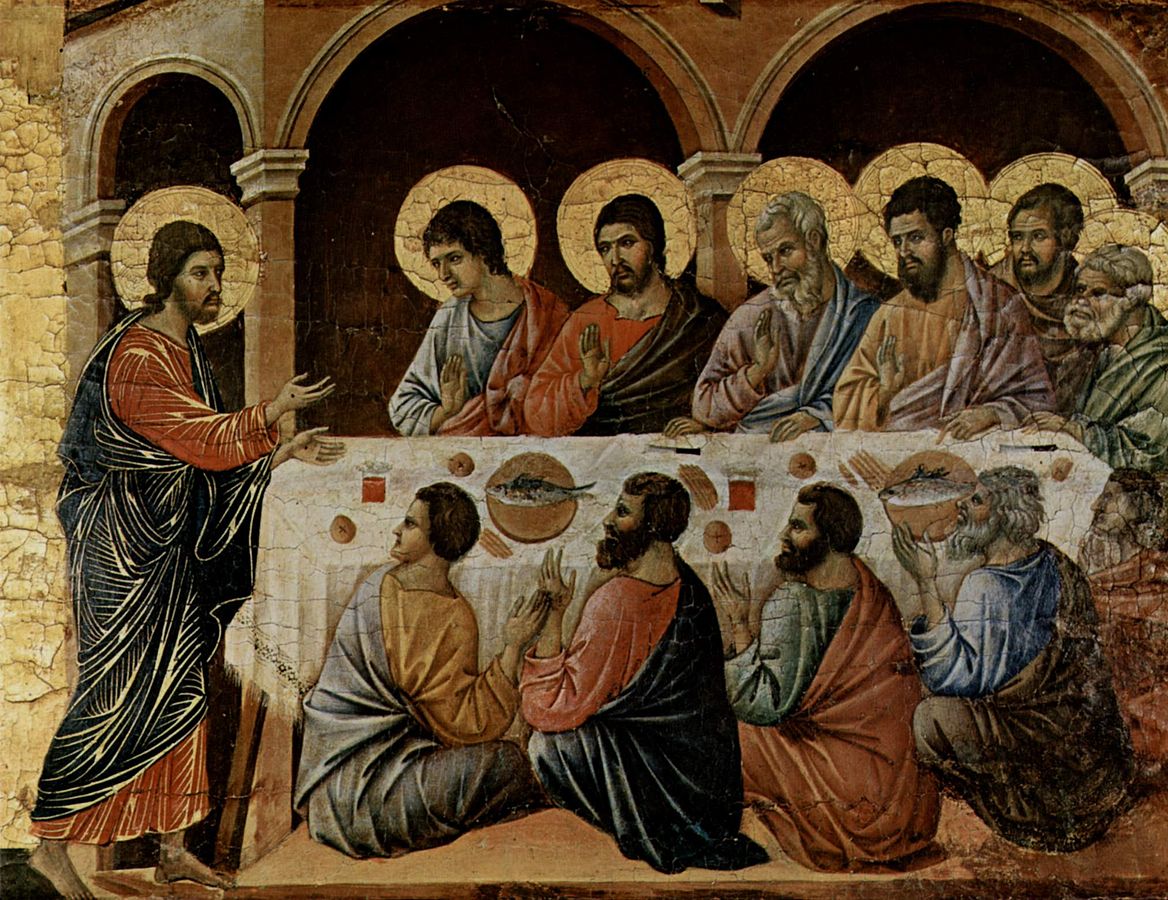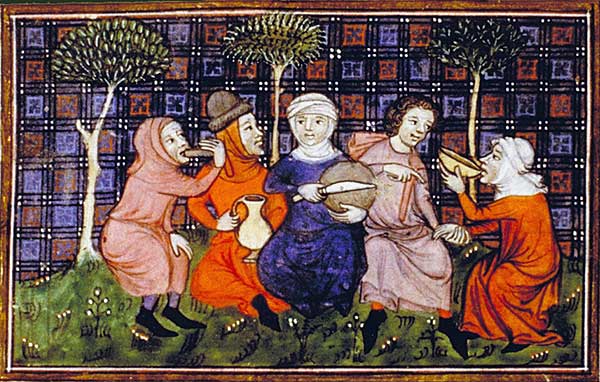by Lois Tverberg
I tell you that in the same way, there will be more joy in heaven over one sinner who repents than over ninety-nine righteous persons who need no repentance. (Luke 15:7)
Evangelical Christians all understand the great importance of proclaiming the Gospel to the lost people in the world. We know that all humanity is trapped in sin, and sharing the truth that Christ died for our sins is of extreme importance, so that people will repent and be forgiven and saved. We therefore read the saying of Jesus’ above in that light — of the great joy in heaven with every new soul that claims Christ as their Lord.
 But there is another way to look at it as applying not just to the “lost” of the world, but to those who are already followers of Jesus. Our lives here and now are important to God, and he has a great plan to use us if we will just obey him. But all Christians still struggle with sin, and sometimes we can go for years stuck in a sin or habit that is preventing us from being useful as servants of God. God’s grace doesn’t remove us from his kingdom, but the thorns and weeds of our sinful life stop us from bearing fruit, and we wonder why life seems so frustrating and empty.
But there is another way to look at it as applying not just to the “lost” of the world, but to those who are already followers of Jesus. Our lives here and now are important to God, and he has a great plan to use us if we will just obey him. But all Christians still struggle with sin, and sometimes we can go for years stuck in a sin or habit that is preventing us from being useful as servants of God. God’s grace doesn’t remove us from his kingdom, but the thorns and weeds of our sinful life stop us from bearing fruit, and we wonder why life seems so frustrating and empty.
Jesus, as well as other rabbis, pointed out that even people in God’s kingdom need to seek out how they can repent. The moment they realize what is wrong and commit themselves to change, God leaps for joy! One rabbi said, “Better is a single moment of repentance and good deeds in this world than the whole of the world to come” (Pirke Avot 4:17). The day that we decide to turn around and obey God is an even better day than being in heaven! Each moment that we choose God’s will and die to our own, it is a moment of happiness for God, because he can now use us for his purposes. And, if we only knew the marvelous things God has planned to do through our lives, we would be full of joy too.
~~~~
See Listening to the Language of the Bible, by Lois Tverberg and Bruce Okkema, En-Gedi Resource Center, 2004. This is a collection of devotional essays that mediate on the meaning of biblical words and phrases in their original setting.
For a friendly, bite-sized Bible study of five flavorful Hebrew words, see 5 Hebrew Words that Every Christian Should Know, by Lois Tverberg, OurRabbiJesus.com, 2014 (ebook).
Photo: FranzMayerstainedglass










